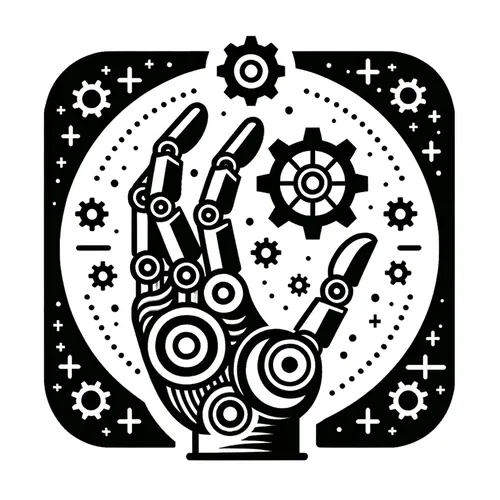Robots Runnin' Wild: AI's Industrial Revolution Sparks Billion-Dollar Boom!
- Author
- Quiet. Please
- Published
- Fri 30 May 2025
- Episode Link
- https://www.spreaker.com/episode/robots-runnin-wild-ai-s-industrial-revolution-sparks-billion-dollar-boom--66337135
This is you Robotics Industry Insider: AI & Automation News podcast.
The robotics and automation landscape is experiencing unprecedented momentum as artificial intelligence, advanced automation, and industry partnerships converge to redefine industrial productivity. Recent headlines affirm this progress: DHL Group has just inked a memorandum of understanding with Boston Dynamics to deploy an additional 1,000 robots, signaling a bold step in logistics automation and reflecting the sector's accelerating embrace of robotics on a massive scale. At the same time, industry events like Automate 2025 in Detroit have showcased record innovation, with companies such as Schneider Electric unveiling digital factory solutions driven by generative artificial intelligence, and Orbbec launching the Gemini 435Le, a 3D perception system enabling robots to navigate more complex environments with newfound precision.
The market data amplifies the sense of scale and opportunity. The global industrial automation market has soared to 256 billion dollars in 2025 and is set to more than double to over 569 billion dollars by 2034, propelled by a compound annual growth rate surpassing nine percent. The Asia Pacific region, in particular, accounts for nearly one hundred billion dollars of this total and is growing even faster, highlighting the worldwide nature of this technological revolution. This surge is not just about quantity, but capability: artificial intelligence integration allows robots to perform repetitive, high-precision tasks while simultaneously optimizing supply chains, identifying equipment failures before they disrupt production, and supporting safer workplaces by reducing reliance on manual labor.
Research and development are equally dynamic, with collaborations like Photoneo and Jacobi Robotics combining three-dimensional vision with artificial intelligence for warehouse automation, and Rockwell Automation’s strategic investment in RightHand Robotics promising more seamless integration of robotic picking systems. Technical advances at the device level are also evident, with autonomous forklifts like Fox Robotics’ new FoxBot able to autonomously load trailers and interface directly with warehouse management systems for unprecedented efficiency.
For industry insiders, the practical takeaway is clear: companies that proactively invest in artificial intelligence-powered industrial automation are poised to achieve significant gains in productivity, quality, and resilience. To stay competitive, businesses should monitor evolving partnerships, prioritize the integration of collaborative robots, and experiment with data-driven workflows. Looking ahead, the fusion of robotics, artificial intelligence, and industrial internet of things is set to deliver a new era of adaptive, intelligent manufacturing—where operations become not just automated, but truly autonomous, responsive, and self-optimizing.
For more http://www.quietplease.ai
Get the best deals https://amzn.to/3ODvOta
